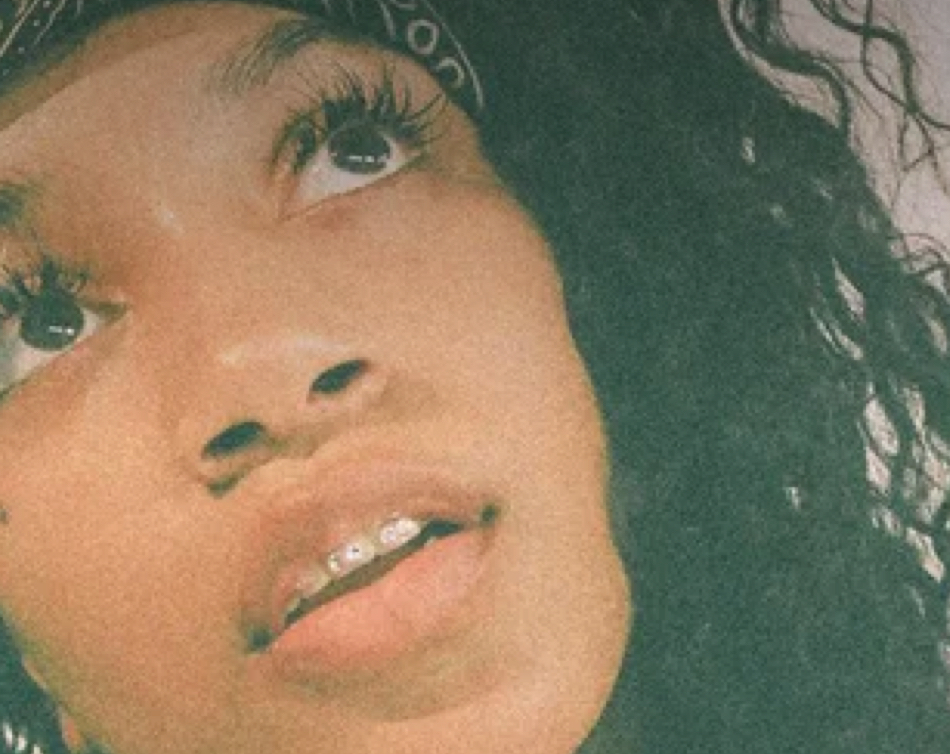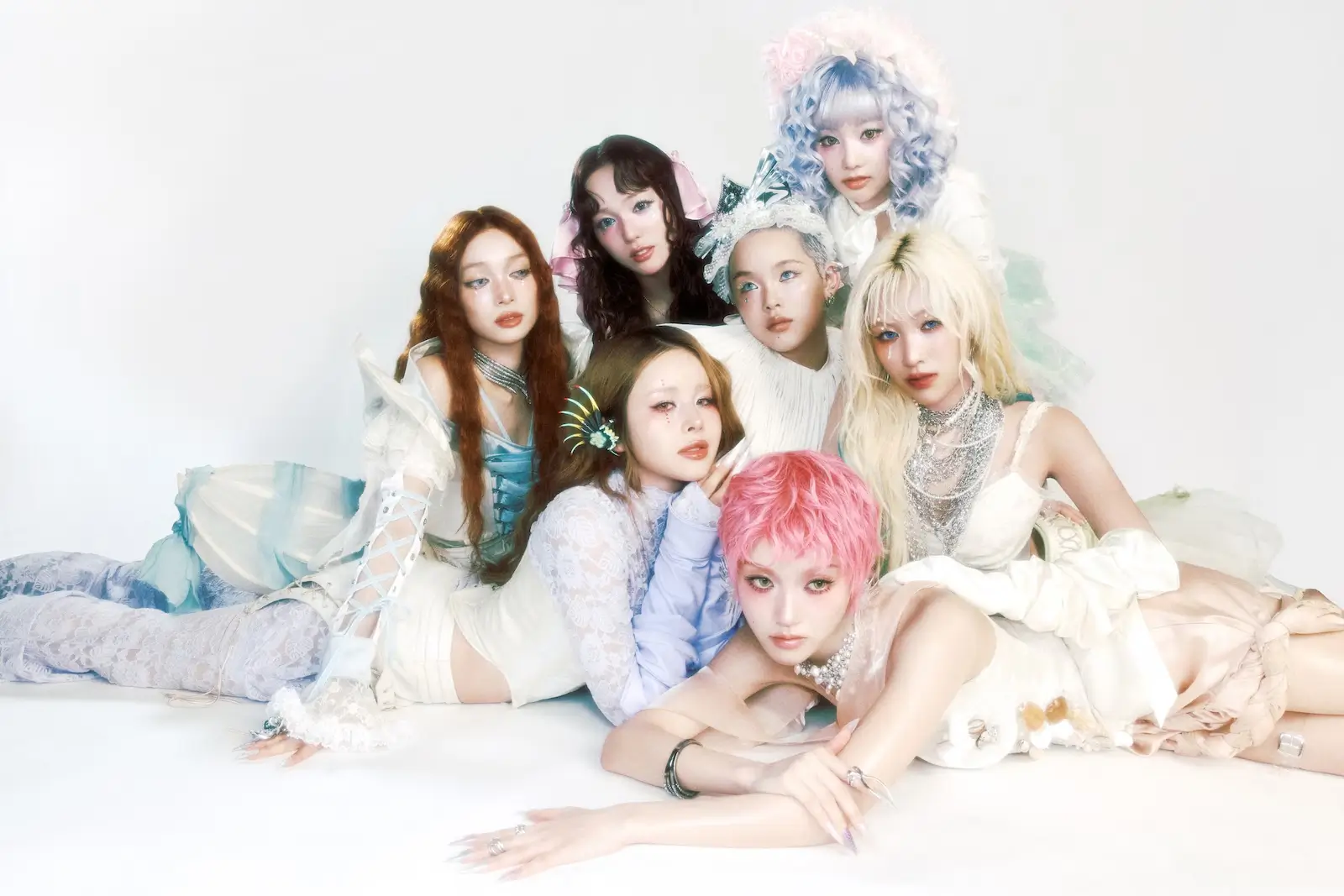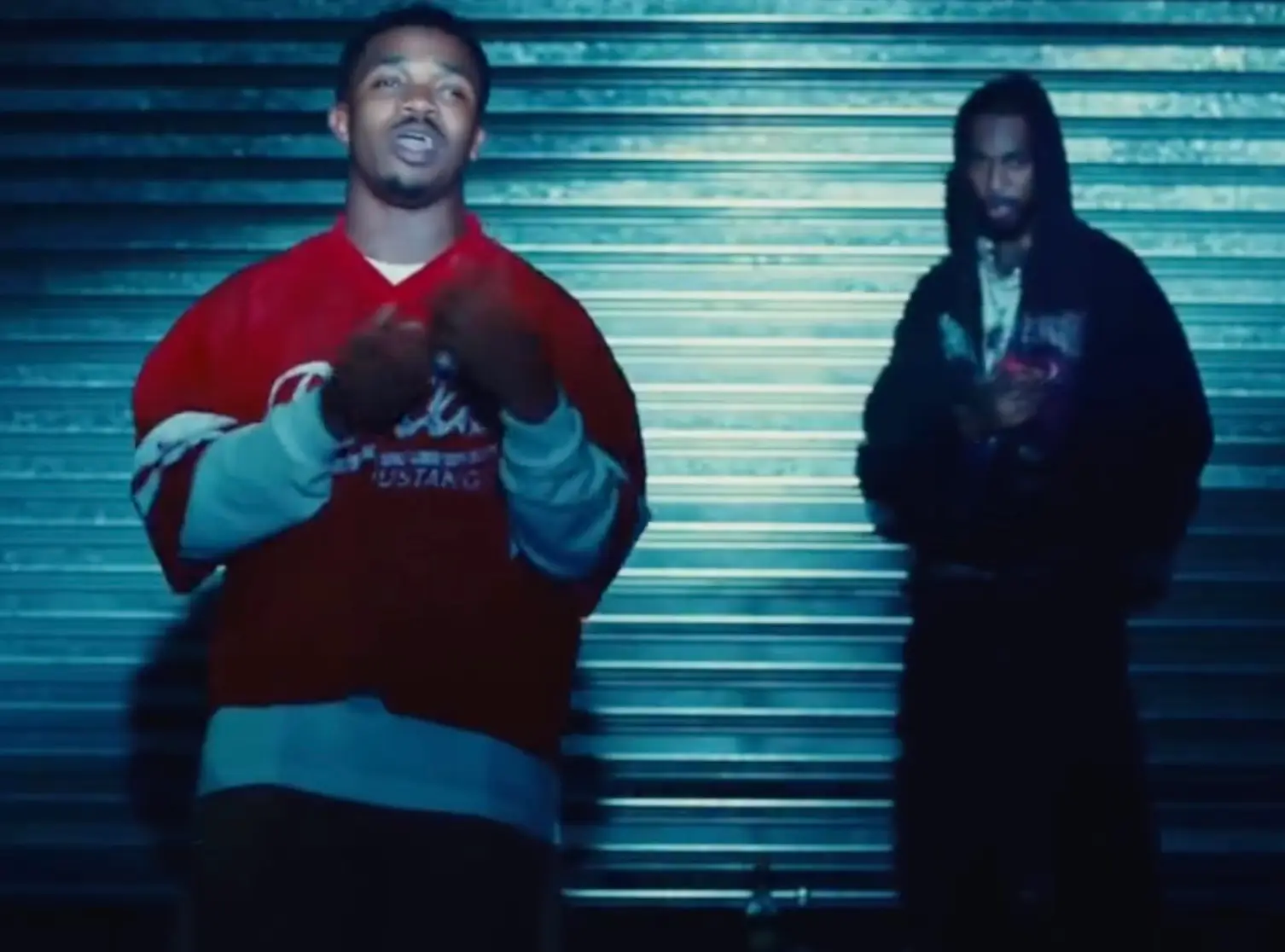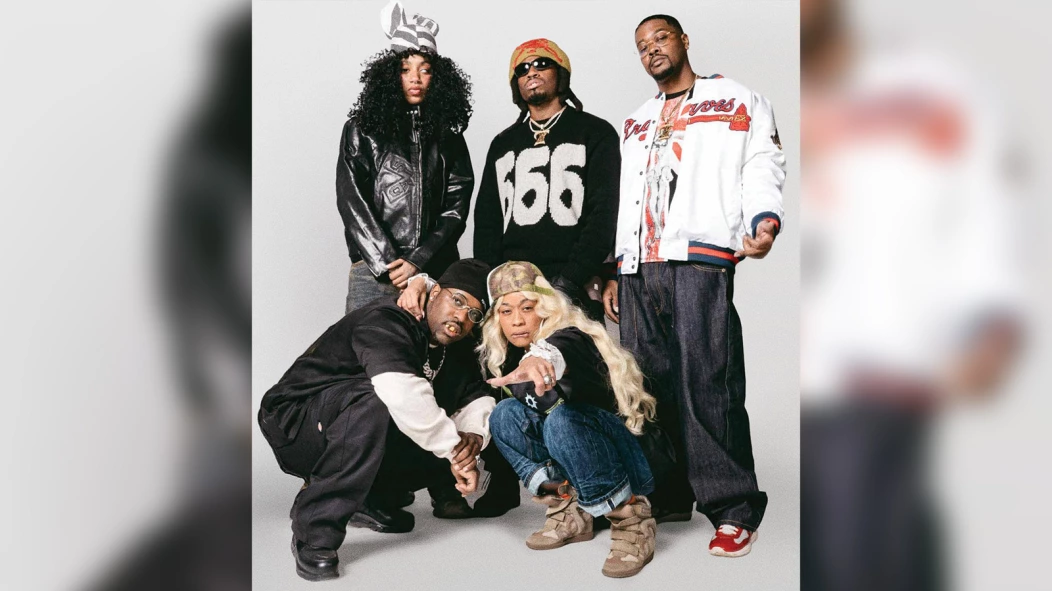Bktherula isn’t just riding the wave of modern alt-rap—she’s bending it. Her latest release, Delilah, marks another pivotal moment in the Atlanta-born artist’s ever-shifting sound. At once surreal, raw, and disarmingly melodic, Delilah is less a song and more a swirling transmission from Bk’s inner world—one that is often paradoxical: cosmic yet grounded, cold yet bleeding with emotion.
For those following her trajectory, Delilah doesn’t feel out of left field. It fits into the broader narrative of an artist unafraid to evolve. Bktherula, born Brooklyn Rodriguez, has been challenging genre norms since her early tracks on SoundCloud. Her 2020 breakout projects Love Santana and Nirvana set her apart—not just as a rapper, but as a sound-shifter. And now with Delilah, she’s tapping into something darker and more hypnotic.
The Sound: Murky, Minimal, Magnetic
Musically, Delilah is driven by restraint. The production is minimal, almost ambient, built around a haunting synth line and a bass that pulses like a distant heartbeat. There’s no trap-heavy drum pattern, no bombastic hook. Instead, the beat floats—barely tethered to anything—which leaves room for Bk’s vocal presence to dominate.
She’s not rapping in the traditional sense. She’s gliding—half-singing, half-mumbling—with an ethereal, almost alien detachment. Her voice stretches and echoes, manipulated just enough to sound uncanny. It’s not meant to feel clean. It’s meant to feel felt. The vocal delivery is raw but intimate, like a late-night confession delivered through smoke and static.
There’s something beautifully paradoxical about the track’s vibe: it’s both emotionally distant and deeply personal. It doesn’t invite you in—it dares you to lean closer.
The Lyrics: Sparse But Heavy
Bktherula’s lyrics have never been about clarity. They’re more about energy and mood than linear narrative, and Delilah continues that tradition. Still, in its cryptic lines, there’s a story—or maybe a warning.
The repeated invocation of the name “Delilah” instantly evokes biblical betrayal. In the Book of Judges, Delilah famously deceives Samson, cutting his hair and stripping him of his strength. Bk doesn’t retell the story; she reclaims it. In her version, Delilah isn’t just a traitor—she’s a mirror.
“Delilah, I see you in me / Can’t trust what I be”
It’s a brutal self-reflection. The theme isn’t betrayal by others—it’s the betrayal that comes from within, the part of yourself you can’t trust. This internal split—between self-preservation and self-sabotage—feels like the song’s emotional core.
Elsewhere in the track, she touches on fame, detachment, and disillusionment, but everything is filtered through a haze. There’s little exposition, only flashes—like memories half-remembered or dreams fading on wake-up.
The Visuals: Surrealism as a Statement
If you’ve seen the Delilah visuals, you know the vibe. Bktherula leans into dream logic, where narrative doesn’t matter as much as mood. The video is packed with distorted colors, glitchy edits, and ghostly images of Bk staring into the camera like she’s trying to read your soul—or warn you.
It’s anti-polish in the best way. The DIY aesthetic doesn’t feel cheap—it feels intentional. It fits with her larger brand: unpredictable, creative, uncategorizable. Like her music, the visuals leave you with a feeling more than a message.
Artistic Growth: Unraveling and Rebuilding
What’s most striking about Delilah isn’t just the song itself—it’s what it suggests about where Bktherula is headed. This isn’t just a track; it’s a signal. She’s shedding past skins. Delilah doesn’t sound like a rapper trying to keep up with trends. It sounds like an artist burning her own path through a soundscape of static, shadow, and sensitivity.
Bk has always shown potential beyond conventional rap. What Delilah confirms is that she’s fully embracing that potential. She’s moving into a space carved out by artists like Playboi Carti and Yeat but with her own twist—less bravado, more introspection; less rage, more melancholy.
There’s also a clear sense that she’s thinking long-term. This isn’t a viral track aiming for quick traction. It’s an artistic experiment, the kind that builds cult followings and critical respect. With Delilah, she’s not just making music—she’s building mythos.
Context: A Landscape Ripe for Disruption
Bktherula is emerging in a time when hip-hop and adjacent genres are undergoing seismic shifts. The lines between rap, alt-pop, emo, and electronic are blurring. Gen Z listeners want vulnerability, weirdness, edge. Bk delivers all three.
But unlike some of her peers, she’s not trying to ride a trend—she’s defining one. Her music sits at the intersection of post-rap, cloud pop, and digital grunge. If that sounds vague, it’s because she resists clean classification.
This refusal to conform is part of what makes Delilah compelling. It doesn’t beg for mainstream acceptance. It challenges listeners to meet it on its own terms. And that’s powerful.
Closing Thoughts: The Beginning of a New Era?
Delilah may not be a radio single. It’s not designed to be. But it’s a significant artistic statement—possibly the start of a new phase in Bktherula’s career. It shows an artist refining her voice while expanding her sound, all while maintaining a strong sense of who she is.
In a musical era full of noise, Delilah whispers. But it’s the kind of whisper that stays with you. Haunting. Hypnotic. Honest.
Bktherula isn’t just making songs anymore. She’s building worlds.
https://open.spotify.com/track/5g4Bh7TJ8dM8dCfGsD7822?si=i9oXEX0zQI-JKxHv30nrMg
No comments yet.








